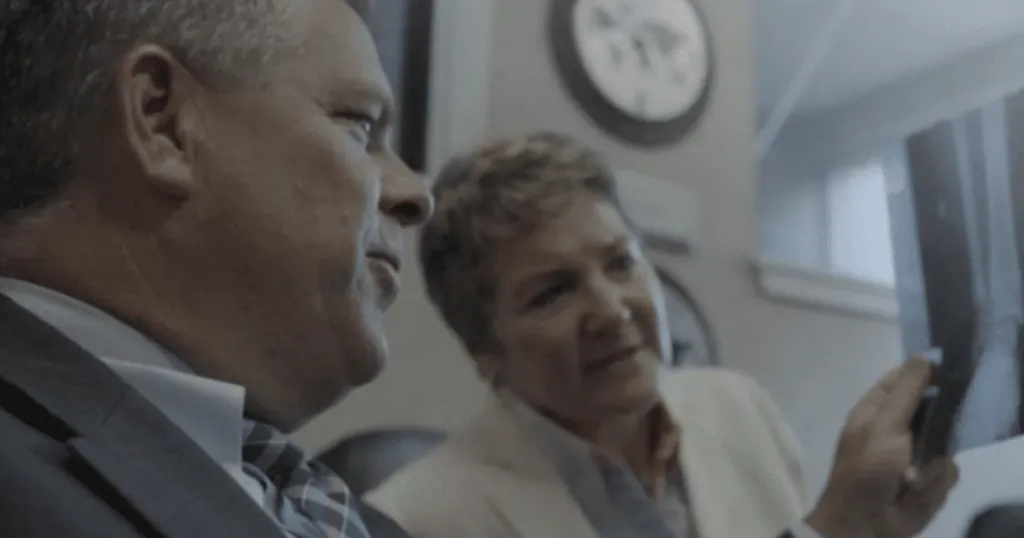Social Security Disability For Neurological Disorders In Rhode Island
Many individuals (claimants) seek Social Security Disability benefits from the Social Security Administration (SSA) due to a wide range of neurological disorders.
- Updated date:
- June 25, 2024
To help claimants overcome financial difficulty caused by a neurological disability, the SSA provides benefits if the following facts are proven:
- The claimant suffers from a neurological disorder that substantially impairs the ability to perform basic job duties;
- The medical evidence documents a medically determinable neurological impairment; and,
- The condition and disabling symptoms are expected to last for a continuous period of at least 12 months.
Neurological Disorder Diagnostic Categories In The Social Security Disability Listings
The SSA uses “Listings” to define disability stemming from various medical impairments, including neurological disorders. To aid in the approval for and receipt of Social Security Disability benefits, the SSA separates neurological disorders into various categories:
- Epilepsy – convulsive epilepsy, (grand mal or psychomotor)
- Epilepsy – nonconvulsive epilepsy (petit mal, psychomotor, or focal)
- Central nervous system vascular accident
- Brain tumors
- Parkinsonian Syndrome
- Cerebral Palsy
- Spinal cord or nerve root lesions, resulting from any cause
- Multiple Sclerosis
- Amyotrophic Lateral Sclerosis
- Anterior Poliomyelitis
- Myasthenia Gravis
- Muscular Dystrophy
- Neuropathies
- Sub-acute combined cord degeneration (pernicious anemia) with disorganization of motor function (major and constant disorganization of motor function in two extremities, leading to sustained disturbance of gross and dexterous movements, or gait and station) not significantly improved by prescribed treatment
- Degenerative disease not listed elsewhere, such as Huntington’s Chorea
- Friedreich’s ataxia, and spino-cerebellar degeneration
- Cerebral trauma
- Syringomyelia
Ultimately, with regard to the above neurological impairments, the SSA will use its well known 5-step sequential analysis to determine whether a person is disabled and therefore eligible for SSD benefits. More specifically, individuals will not be given SSD benefits if they are working, if they do not have a significant or serious illness, if they do not have a condition that “meets or equals” a Social Security Listing, if they can return to their past work, or if they can carry out other work that exists in significant numbers in the regional and/or national economy.
DO I HAVE A CASE?
If you think you may have a case, contact us now for a FREE consultation
"(Required)" indicates required fields
Proving A Neurological Disability
The SSA application process is widely known to be highly complex and time consuming. In all cases, an individual seeking benefits will need proper medical evidence and/or documentation from a doctor or another acceptable medical professional to help prove that the neurological condition is, in fact, disabling. For instance, a person with epilepsy needs to have medical documentation of the description of the seizure type and medical evidence regarding the frequency of the seizures. Overall, the main factors SSA will examine when determining disability based upon a neurological condition are: the frequency, severity and duration of symptoms, along with any diagnostic testing or laboratory results. If a neurological impairment significantly limits your motor functioning and/or your ability to perform tasks required by competitive employment, then you may well have a good claim for Social Security Disability benefits.
SSD Neurological Disorder Legal Assistance On Your Side, RI, CT and MA
Every Social Security Disability case involving a neurological disorder is different: different people respond differently to different diseases. Additionally, a neurological impairment affects each individual differently physically, psychologically and financially. As Rhode Island’s trusted Social Security Disability law firm, Marasco & Nesselbush takes these differences into account and to heart when applying our years of legal experience and knowledge to help deserving individuals secure the benefits they deserve. Founding Partner Donna Nesselbush is proud to serve on the Board of Directors of the Rhode Island Brain & Spine Tumor Foundation. Our clients’ needs are our top priority, and we are dedicated to appealing each case as long as necessary to obtain for you past and future SSD benefits. For more information about how our Rhode Island SSD benefits lawyers can assist you, please fill out a contact form or call 401-240-1848 for a free consultation. Our Rhode Island personal injury lawyers are committed to providing exceptional client service and obtaining extraordinary legal results! Call us today.
CLIENT TESTIMONIALS

Communication is key for me, and my M&N team was on point with the level of communication they provided. The get-well cards and flowers after surgery were just a special touch that brightened my day. I wasn’t treated like another number or another case, they really made me feel like family. They really care for you and your wellbeing. Words will never express but I will forever be grateful for all they have done for me. Thank you !!!!!”
– Heather P.


